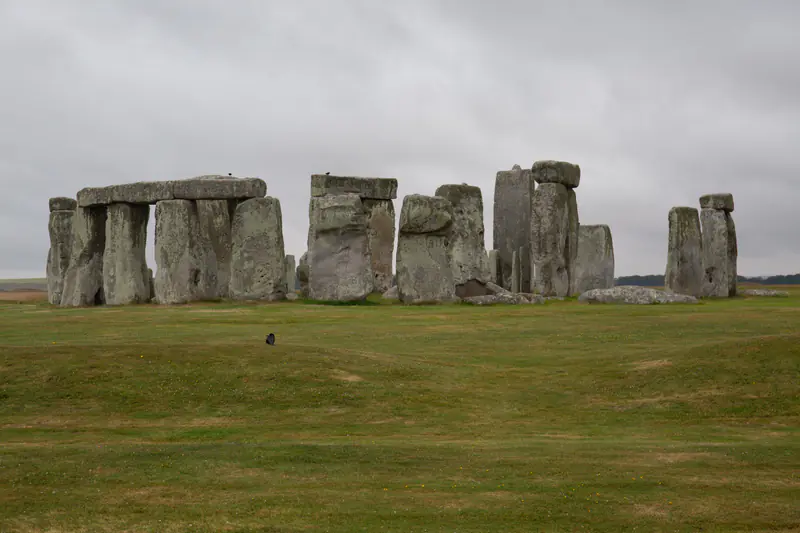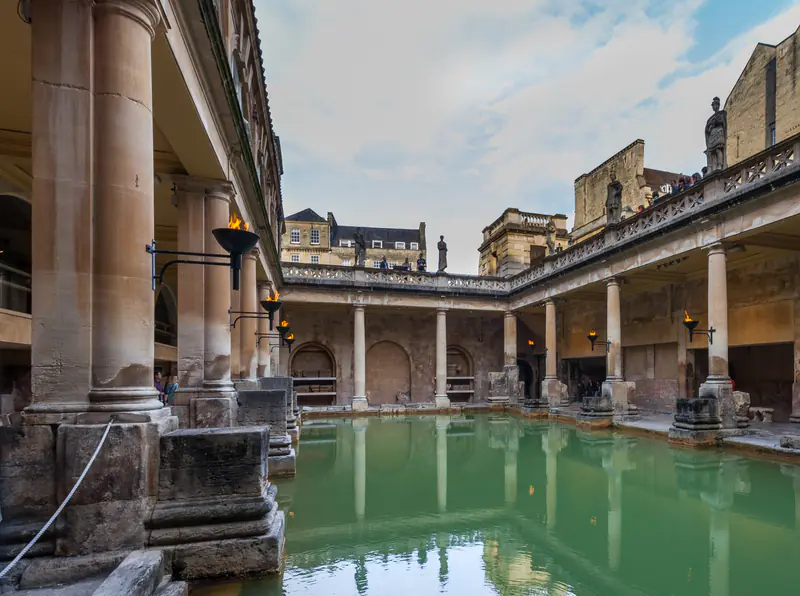UNESCO World Heritage Sites in United Kingdom
Heritage Overview
The United Kingdom's UNESCO World Heritage sites represent millennia of human settlement, industrial innovation, and architectural achievement that profoundly shaped global development. The country preserves exceptional examples of prehistoric monuments, medieval castles, Georgian townscapes, and revolutionary industrial sites that transformed modern civilization while showcasing remarkable natural landscapes and geological formations. Ancient monuments demonstrate sophisticated Neolithic astronomical knowledge and ceremonial landscapes. Medieval heritage encompasses castle complexes, abbeys, and defensive fortifications reflecting turbulent political history and architectural evolution. Georgian and Victorian urban planning created elegant townscapes and model industrial communities. The birthplace of the Industrial Revolution preserves pioneering factories, transport infrastructure, and engineered landscapes that revolutionised manufacturing and global commerce. Natural sites showcase exceptional geological phenomena, dramatic coastlines, and unique island ecosystems. Maritime heritage documents naval power and colonial expansion. Together, the UK's heritage illustrates technological innovation from prehistoric engineering through industrial revolution, architectural development across multiple periods, the evolution of constitutional monarchy and parliamentary democracy, scientific advancement, and global influence through empire, language, and industrial expertise that shaped modern political systems, technologies, and cultural institutions worldwide.
Essential Information
Visa Requirements
The United Kingdom is not part of the Schengen Area and maintains independent immigration controls. EU, EEA, and Swiss citizens can enter freely but may need to register for the upcoming ETA (Electronic Travel Authorisation) system. Visitors from many countries including the United States, Canada, Australia, Japan, and New Zealand can stay up to six months without visas. From 2024-2025, visa-exempt travelers require ETA authorisation before arrival, costing £10 and valid for multiple entries over two years. Other nationalities require visas from UK embassies or online. Passports must be valid for the duration of stay.
Currency
The official currency is the Pound Sterling (GBP), one of the world's oldest currencies still in use. The UK did not adopt the Euro. Credit and debit cards (Visa, Mastercard, Maestro) are universally accepted throughout cities, shops, restaurants, and tourist attractions, with contactless payments extremely widespread. ATMs are abundant in urban areas and towns, typically without withdrawal fees for UK cards but charging £1-3 for foreign cards. Cash usage is declining rapidly but remains useful for markets, smaller establishments, and rural areas. Currency exchange available at airports, banks, and exchange offices. Tipping is discretionary: 10-15% in restaurants.
Language
The official language is English, spoken throughout the United Kingdom with distinctive regional accents and dialects. Welsh has official status in Wales, with bilingual signage throughout the region. Scottish Gaelic is spoken in parts of Scotland, particularly the Highlands and Islands. Irish is recognised in Northern Ireland. Regional accents vary significantly and can initially challenge even native English speakers. Communication presents no difficulties for English speakers. Tourist information, signage, and services operate entirely in English. The UK is highly accessible for English speakers, though regional dialects, slang, and colloquialisms differ from American English.
Climate
The United Kingdom experiences temperate maritime climate with mild temperatures, moderate rainfall, and changeable weather year-round. Summers (June-August) are cool to warm with temperatures typically 15-25°C, occasionally reaching 30°C during heatwaves. Winters (December-February) are cool but rarely severe, averaging 0-8°C with occasional frost and light snow. Rain is frequent throughout the year, though often light and intermittent rather than heavy downpours. Spring (April-May) and autumn (September-October) offer pleasant conditions for heritage tourism with moderate temperatures and manageable rainfall. Western regions and Scotland experience higher rainfall and cooler temperatures. Southern England enjoys warmest, driest conditions. Pack waterproof clothing regardless of season.
Featured Heritage Sites
Last updated: 11 December 2025

